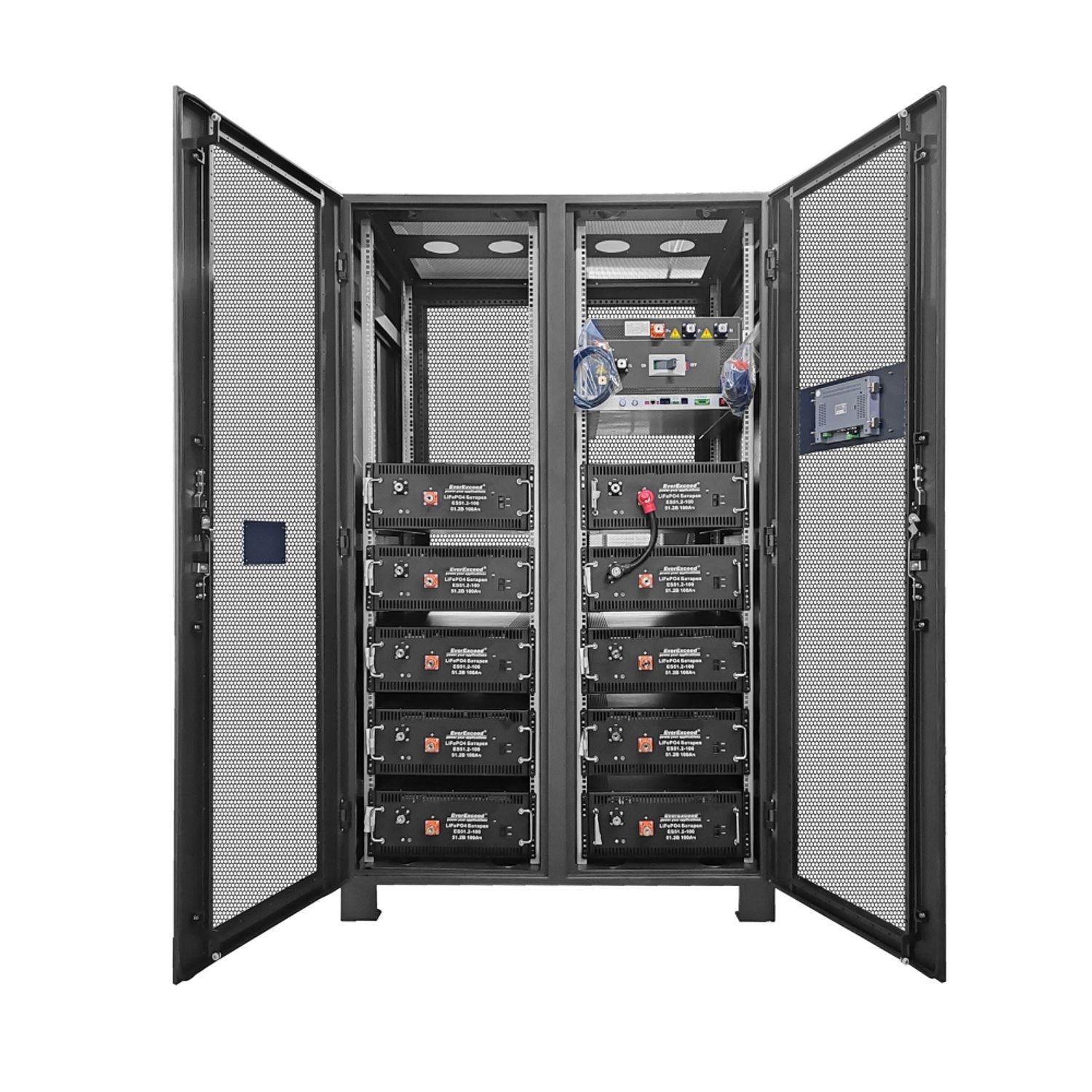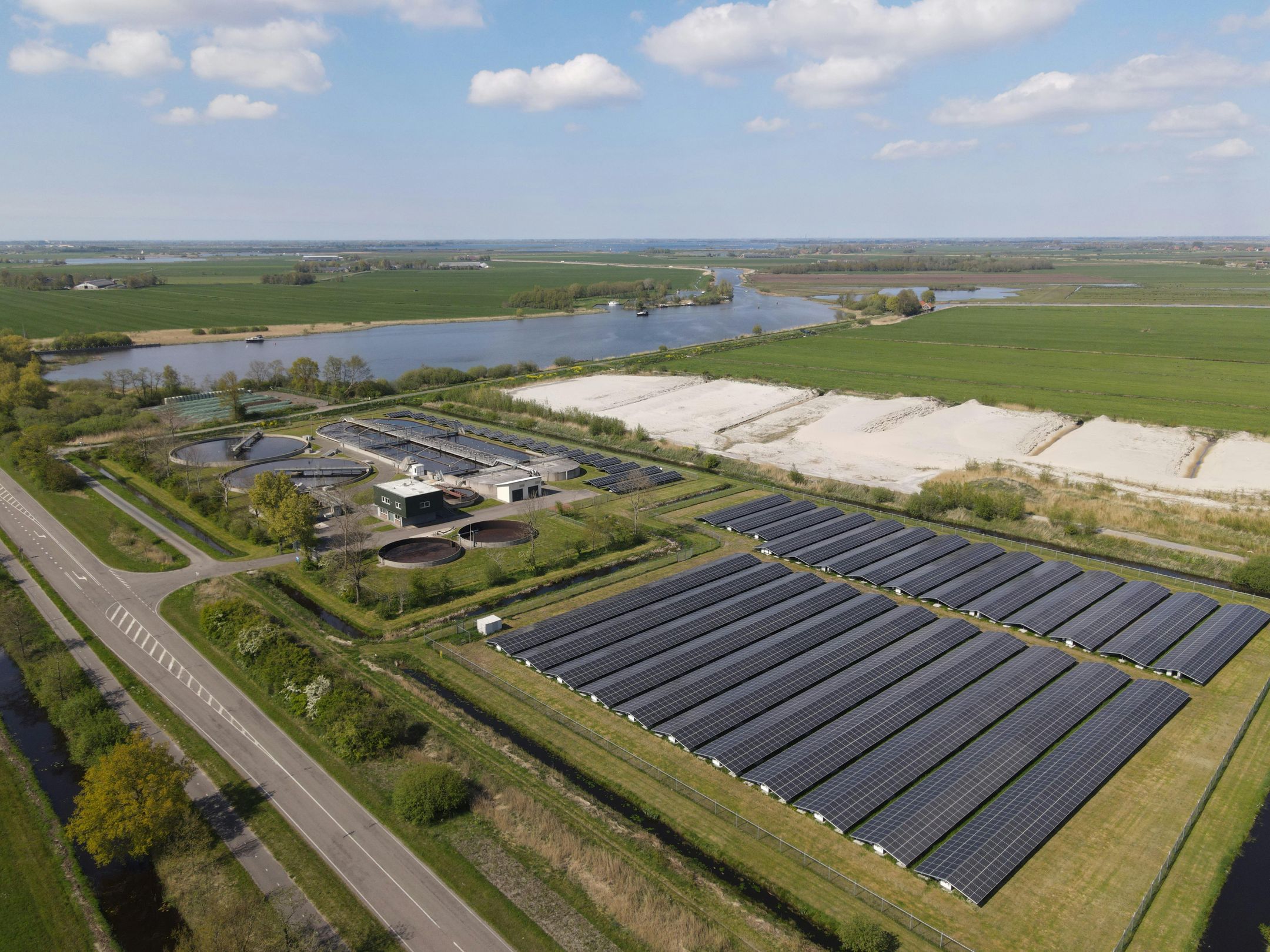
Get a Quote
Comprehensive Guide to Solar Battery Storage Options
Introduction to Solar Battery Storage
As the world transitions towards renewable energy, solar power stands out as a leading solution for a sustainable future. Central to maximizing the benefits of solar energy are solar batteries, which allow for energy storage and usage during non-sunny periods. This guide explores various solar battery storage options, helping you make informed decisions to optimize your solar energy system.
What are Solar Batteries?
Solar batteries are devices that store energy generated by solar panels for later use. They play a crucial role in ensuring a consistent power supply, especially during nights or cloudy days. Solar batteries come in various types, each with unique features and benefits.
Types of Solar Battery Storage Options
Understanding the different types of solar batteries is essential for selecting the right option for your needs. Here, we delve into the most common solar battery storage options:
1. Lithium-Ion Batteries
Lithium-ion batteries are the most popular choice for solar energy storage. Known for their high energy density and long lifespan, these batteries are ideal for residential and commercial solar systems.
Advantages:
- High efficiency
- Long lifespan (10-15 years)
- Low maintenance
Disadvantages:
- Higher upfront cost
- Potential for thermal runaway (though rare with proper management)
2. Lead-Acid Batteries
Lead-acid batteries are among the oldest and most reliable solar battery storage options. They are widely used in off-grid solar systems due to their affordability and robustness.
Advantages:
- Lower cost compared to lithium-ion batteries
- Proven reliability and safety
Disadvantages:
- Shorter lifespan (5-7 years)
- Lower energy density
- Requires regular maintenance
3. Flow Batteries
Flow batteries are an emerging technology in solar battery storage. They use liquid electrolytes to store energy, offering a flexible and scalable solution.
Advantages:
- Long lifespan (20+ years)
- Scalable storage capacity
- Low degradation over time
Disadvantages:
- High initial cost
- Larger physical size
4. Nickel-Cadmium Batteries
Nickel-cadmium batteries are known for their durability and ability to perform well in extreme temperatures. However, they are less commonly used in residential solar systems.
Advantages:
- Durable and robust
- Performs well in extreme temperatures
Disadvantages:
- Contains toxic materials
- Higher self-discharge rate
How to Choose the Right Solar Battery Storage Option
Choosing the right solar battery storage option depends on several factors, including your energy needs, budget, and the specific characteristics of each battery type. Here are some key considerations:
1. Energy Capacity and Power Rating
Energy capacity (measured in kilowatt-hours, kWh) determines how much energy a battery can store, while power rating (measured in kilowatts, kW) indicates how much energy it can deliver at once. Assess your daily energy consumption and peak usage to find a battery that meets your requirements.
2. Efficiency
Battery efficiency, or round-trip efficiency, reflects the percentage of energy that can be used after storing and retrieving it. Higher efficiency batteries ensure more effective energy utilization.
3. Lifespan and Warranty
The lifespan of a battery is crucial for long-term planning. Look for batteries with longer warranties, as they indicate the manufacturer's confidence in their product's durability.
4. Cost and ROI
While initial cost is a significant factor, consider the long-term return on investment (ROI). Higher efficiency and longer lifespan batteries may have higher upfront costs but offer better value over time.
5. Installation and Maintenance
Some batteries require more maintenance than others. Evaluate the installation process and ongoing maintenance needs to ensure they align with your capabilities and preferences.
Benefits of Solar Battery Storage
Implementing solar battery storage options in your energy system offers numerous benefits:
1. Energy Independence
Solar batteries enable you to store excess solar energy, reducing reliance on the grid and increasing energy independence.
2. Cost Savings
By storing energy during peak production times and using it during peak demand, you can lower your electricity bills and maximize the value of your solar system.
3. Backup Power
In case of grid outages, solar batteries provide a reliable backup power source, ensuring continuous electricity supply for essential devices and appliances.
4. Environmental Impact
Using solar batteries reduces the need for fossil fuels, contributing to a cleaner and more sustainable environment.
Frequently Asked Questions about Solar Battery Storage
1. How long do solar batteries last?
The lifespan of solar batteries varies by type. Lithium-ion batteries typically last 10-15 years, while lead-acid batteries last 5-7 years. Flow batteries can last 20+ years with proper maintenance.
2. Can I add a solar battery to my existing solar panel system?
Yes, solar batteries can be integrated into existing solar panel systems. However, compatibility and installation complexity may vary depending on the system configuration.
3. Are solar batteries worth the investment?
While solar batteries involve an initial investment, the long-term benefits, including cost savings, energy independence, and backup power, often outweigh the costs.
4. How much do solar batteries cost?
The cost of solar batteries depends on the type, capacity, and brand. Generally, lithium-ion batteries range from $7,000 to $14,000, while lead-acid batteries are less expensive.
Conclusion
Selecting the right solar battery storage option is crucial for optimizing your solar energy system's performance and ensuring a reliable power supply. By understanding the various types of solar batteries and considering factors like capacity, efficiency, and cost, you can make an informed decision that meets your energy needs and budget.
When it comes to high-quality solar battery solutions, Everexceed stands out as a leader in the industry. With a wide range of advanced solar battery storage options, Everexceed offers products that are efficient, durable, and tailored to meet diverse energy requirements. Whether you are looking for lithium-ion batteries with high energy density, reliable lead-acid batteries, or innovative flow batteries, Everexceed provides the expertise and support to help you achieve energy independence and maximize your investment.
Choose Everexceed for your solar battery storage needs and embrace a future of sustainable, efficient, and cost-effective energy solutions. Visit Everexceed's website today to explore their comprehensive range of products and find the perfect battery for your solar energy system.


